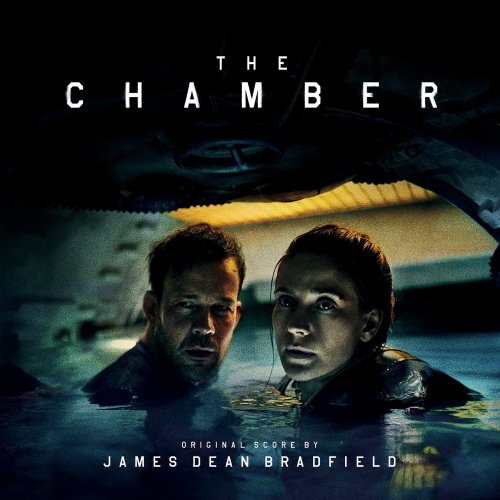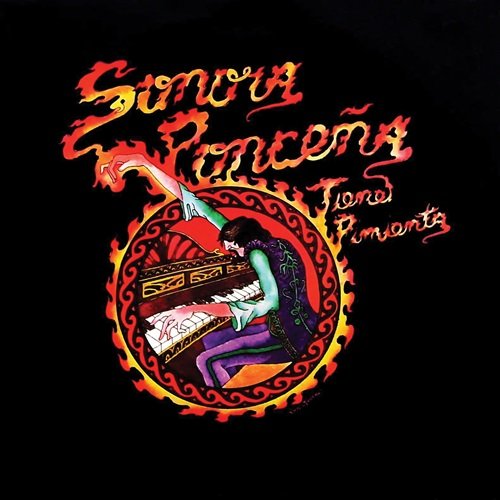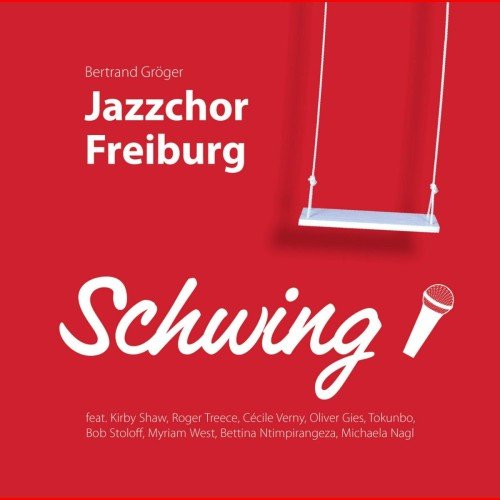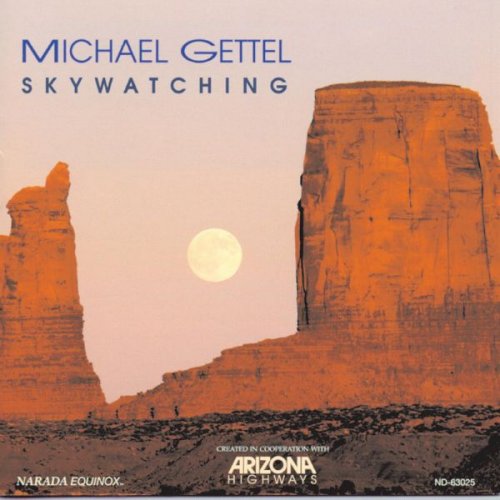James Dean Bradfield - The Chamber [Original Motion Picture Soundtrack] (2017)

Artist: James Dean Bradfield
Title: The Chamber (Original Motion Picture Soundtrack)
Year Of Release: 2017
Label: Sony Classical
Genre: Soundtrack
Quality: FLAC (tracks)
Total Time: 44:55 min
Total Size: 205 MB
WebSite: Album Preview
Tracklist:Title: The Chamber (Original Motion Picture Soundtrack)
Year Of Release: 2017
Label: Sony Classical
Genre: Soundtrack
Quality: FLAC (tracks)
Total Time: 44:55 min
Total Size: 205 MB
WebSite: Album Preview
1. Hawks 2:41
2. Uncertain Riptide 1:01
3. Good To Go 2:19
4. Tension Leading To Takeover 2:58
5. Prime Explosion Breach 4:46
6. So What About Getting Out 2:33
7. Death To Dislocation 2:44
8. Fury Of Abandonment 2:57
9. Red Reveals 2:17
10. Hatched 2:03
11. Desert Or Depths 2:39
12. Red Struggle 2:43
13. Red Sole Survivor 1:16
14. Alice Endless Ocean 4:19
15. Depth Charge 2:55
16. Gathering Riptides 0:40
17. Depth To Floatation 4:13
Although rhythm guitarist and lyricist Richey James Edwards' assaultive public persona garnered most of the band's headlines in their early days, the heart of Manic Street Preachers was always singer and lead guitarist James Dean Bradfield. With his short, stocky physique and hard-man bravado, Bradfield had an Everyman anti-mystique that rooted the band's often inchoate political posturing and served as an anchor for Edwards' considerably flightier proto-Pete Doherty antics. Together, Bradfield and Edwards made Manic Street Preachers THE buzz band of the early days of Brit-pop, before the reconfigured band became worldwide stars after Edwards' apparent suicide in 1995.
Born in the small Welsh industrial city of Pontypool on February 21, 1969, James Dean Bradfield claims that his father named him after the doomed American film actor. Early exposure to the first wave of punk bands, especially the Clash, led Bradfield to form a band with his cousin Sean Moore on drums and childhood friend Nicholas Jones (soon renamed Nicky Wire) on bass in 1986. Wire soon convinced his university friend Edwards to join the band, and the newly rechristened Manic Street Preachers released their first D.I.Y. single in 1988. A long series of singles and EPs, along with the band's growing live buzz and a notorious incident where Edwards carved the phrase "4 Real" into his arm in front of a journalist from New Musical Express, led to the Manics signing to Sony in 1991. Three albums -- 1992's Generation Terrorists, 1993's Gold Against the Soul, and 1994's The Holy Bible -- followed, but Edwards' increasingly aberrant behavior eclipsed the band's music even in the eyes of many fans. When Edwards disappeared in February 1995 (his abandoned car found on a bridge near Bristol), many assumed that would be the end of the Manic Street Preachers.
Instead, Bradfield reasserted his position as the focal point of the Manic Street Preachers both on-stage and in interviews (although Wire took up the job of writing the lyrics) and the new trio lineup released 1996's reflective Everything Must Go, a crisply commercial pop album somewhat at odds with the glam-infused punk of their early days. Released in 1998, This Is My Truth Tell Me Yours was equally commercially successful, although 2001's Know Your Enemy and 2004's slick, Tony Visconti-produced Lifeblood saw diminishing returns, including the loss of the band's American distribution.
During this period, Bradfield took on production and remixing jobs for the likes of Massive Attack, Kylie Minogue, and fellow Welshman Tom Jones, before finally releasing his first solo album, The Great Western, in July 2006. Featuring the single "That's No Way to Tell a Lie" and "An English Gentleman," an affecting tribute to the Manic Street Preachers' late manager Philip Hall, The Great Western found Bradfield returning to the mainstream guitar rock of Everything Must Go. Bradfield reunited with the Manics after The Great Western, and the group released five albums between 2009 and 2014 before taking another break. During this downtime, Bradfield composed the original score to the Ben Parker thriller The Chamber, which was released in March 2017. ~ Stewart Mason.
Born in the small Welsh industrial city of Pontypool on February 21, 1969, James Dean Bradfield claims that his father named him after the doomed American film actor. Early exposure to the first wave of punk bands, especially the Clash, led Bradfield to form a band with his cousin Sean Moore on drums and childhood friend Nicholas Jones (soon renamed Nicky Wire) on bass in 1986. Wire soon convinced his university friend Edwards to join the band, and the newly rechristened Manic Street Preachers released their first D.I.Y. single in 1988. A long series of singles and EPs, along with the band's growing live buzz and a notorious incident where Edwards carved the phrase "4 Real" into his arm in front of a journalist from New Musical Express, led to the Manics signing to Sony in 1991. Three albums -- 1992's Generation Terrorists, 1993's Gold Against the Soul, and 1994's The Holy Bible -- followed, but Edwards' increasingly aberrant behavior eclipsed the band's music even in the eyes of many fans. When Edwards disappeared in February 1995 (his abandoned car found on a bridge near Bristol), many assumed that would be the end of the Manic Street Preachers.
Instead, Bradfield reasserted his position as the focal point of the Manic Street Preachers both on-stage and in interviews (although Wire took up the job of writing the lyrics) and the new trio lineup released 1996's reflective Everything Must Go, a crisply commercial pop album somewhat at odds with the glam-infused punk of their early days. Released in 1998, This Is My Truth Tell Me Yours was equally commercially successful, although 2001's Know Your Enemy and 2004's slick, Tony Visconti-produced Lifeblood saw diminishing returns, including the loss of the band's American distribution.
During this period, Bradfield took on production and remixing jobs for the likes of Massive Attack, Kylie Minogue, and fellow Welshman Tom Jones, before finally releasing his first solo album, The Great Western, in July 2006. Featuring the single "That's No Way to Tell a Lie" and "An English Gentleman," an affecting tribute to the Manic Street Preachers' late manager Philip Hall, The Great Western found Bradfield returning to the mainstream guitar rock of Everything Must Go. Bradfield reunited with the Manics after The Great Western, and the group released five albums between 2009 and 2014 before taking another break. During this downtime, Bradfield composed the original score to the Ben Parker thriller The Chamber, which was released in March 2017. ~ Stewart Mason.
![Tomasz Stańko - Zamek mgieł (Polish Radio Sessions vol. 3/6) (2025) [Hi-Res] Tomasz Stańko - Zamek mgieł (Polish Radio Sessions vol. 3/6) (2025) [Hi-Res]](https://www.dibpic.com/uploads/posts/2025-12/1765795906_cover.jpg)







![Travis Jenkins Piano Trio - Jazz in Meanjin 020 (Live at JMI) (2025) [Hi-Res] Travis Jenkins Piano Trio - Jazz in Meanjin 020 (Live at JMI) (2025) [Hi-Res]](https://www.dibpic.com/uploads/posts/2025-12/1765862611_a2068783921_10.jpg)